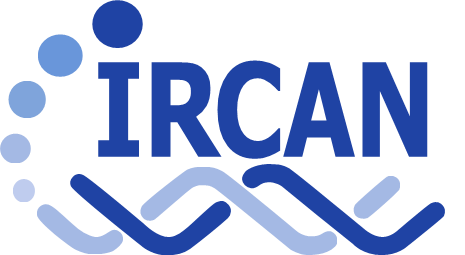Duration: 2022-2024
Funding body: INCa
Cancer is a disease often linked to aging, with most cases occurring in older individuals. However, cancer therapies are typically developed using young animal models. This project aims to create new pre-clinical approaches that consider the aging factor to potentially improve the effectiveness of treatments.
Our hypothesis is that an aging environment increases the likelihood of cancer and decreases the effectiveness of cancer therapies. We believe that by targeting the aging environment, we can enhance the success of cancer treatments. To test this, we will focus on several key objectives.
First, we will study the aging environment itself. This involves examining changes in the structure around cells, the formation of blood vessels in tumors, and the behavior of immune cells. We will use various models for this research, including special aging zebrafish, mice of different ages, and mice with human cells of varying ages. Next, we will investigate how an aging environment affects the progression of breast cancer. By understanding the molecular and cellular pathways involved, we can identify what makes cancer more aggressive in older environments.
We will also evaluate how an aging environment impacts the response to cancer treatments. This will help us understand why some treatments are less effective in older individuals and guide us in developing better therapies.
Finally, we aim to develop new strategies to reverse the effects of an aging environment. This could significantly improve the effectiveness of cancer treatments for older patients.
By studying these aspects, our project will not only assess the effectiveness of standard cancer treatments in different age environments but also help in creating treatments tailored for different age groups. Our ultimate goal is to enhance the effectiveness of cancer therapies for older patients, ensuring better outcomes and improved quality of life.
Project partners:
- Leader : Miguel G FERREIRA (IRCAN)
- Jacky GOETZ (INSERM U1109, Strasbourg)
- Yves COLLETTE (CRCM Marseille)

